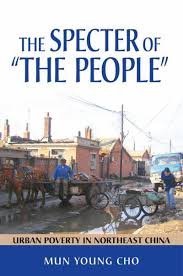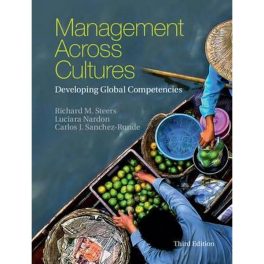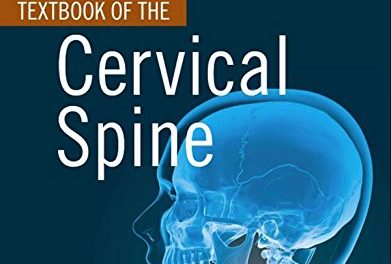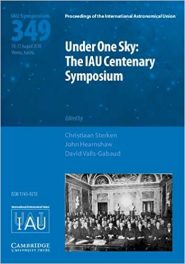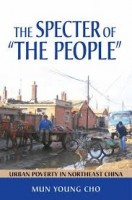 Author: Mun Young Cho
Author: Mun Young Cho
Publisher: Cornell University Press – 207 pages
Book Review by: Paiso Jamakar
“China will defeat America, and soon become the wealthiest country in the world!”
This was a statement uttered by someone in the Chinese city of Harbin while watching the spectacular opening ceremonies of the Beijing Olympics in 2008. He was urging a friend to look for a job “in this country,” because China has vast potential, he asserted.
This potential has actually become a reality in some respects, he pointed out, such as for example China’s ability to host a sports extravaganza that must have cost hundreds of millions of dollars to prepare for. The irony in all this is that it happened in Hadong, a decaying residential area in Harbin characterized by high unemployment and stark urban poverty.
In that area, South Korean student, anthropologist, and now author of this book Mun Young Cho spent more than two years doing field research for this book. Harbin is located in the province of Heilongjiang in northeast China.
Cho looks at the lives of various people in that city mired in poverty who were laid off from work, including those who came from the villages looking for employment. She shows that both the migrants from the village and the poor urban residents share a common condition of “economic duress” in China’s cities.
Impoverished workers, she writes, seek protection and recognition by the state by making claims about “the people” and what they deserve, based on the old socialist credo of “serve the people.”
Cho writes that members of China’s government and bureaucracy “redeploy the very language that the party-state had once used to venerate them, although their claim often contradicts government directives regarding how “the people” should be reborn as self-managing subjects. The slogan ‘serve the people’ is no longer a promise of the party-state but rather a demand made by the unemployed and the poor.”
As we all very well know, the unique Chinese socialist state conceived and created by Mao Tse Tung has long since been supplanted with a market-based economy, and as a matter of fact, Chinese leaders now harbor ambitions for China to surpass the United States in economic growth and become the wealthiest country in the world.
The author points out that even as China has achieved great success as a market economy, China’s government leaders still continue to define the country as basically a socialist state. And market-economy reforms have resulted in high levels of unemployment – particularly in the cities – and large numbers of urban poor.
She then asks these questions: “How does a state dedicated to serving “the people” manage the poverty of its people? and “How do unemployed workers come to terms with their split status, economically marginalized but still rhetorically central to the way China claims to understand itself?”
She searches for the answers and discusses the relevant issues in an Introduction and six chapters of this book and a Conclusion. The chapters are:
- In Search of “the People”
- Gambling on a New Home
- On the Border between “the People” and “the Population
- The Will to Survive
- Inclusive Exclusion
- Dividing the Poor
There is an extensive 13-page Notes section and a detailed 18-page list of References for further study on various subjects.
One of the chief values of this book is that its conclusions are based on ample empirical evidence derived from more than two years of first-hand experience including personal observations of conditions, her intensive surveys of people on many issues and their answers that were documented for this book. Based on these, this book carries good scholarly weight.

